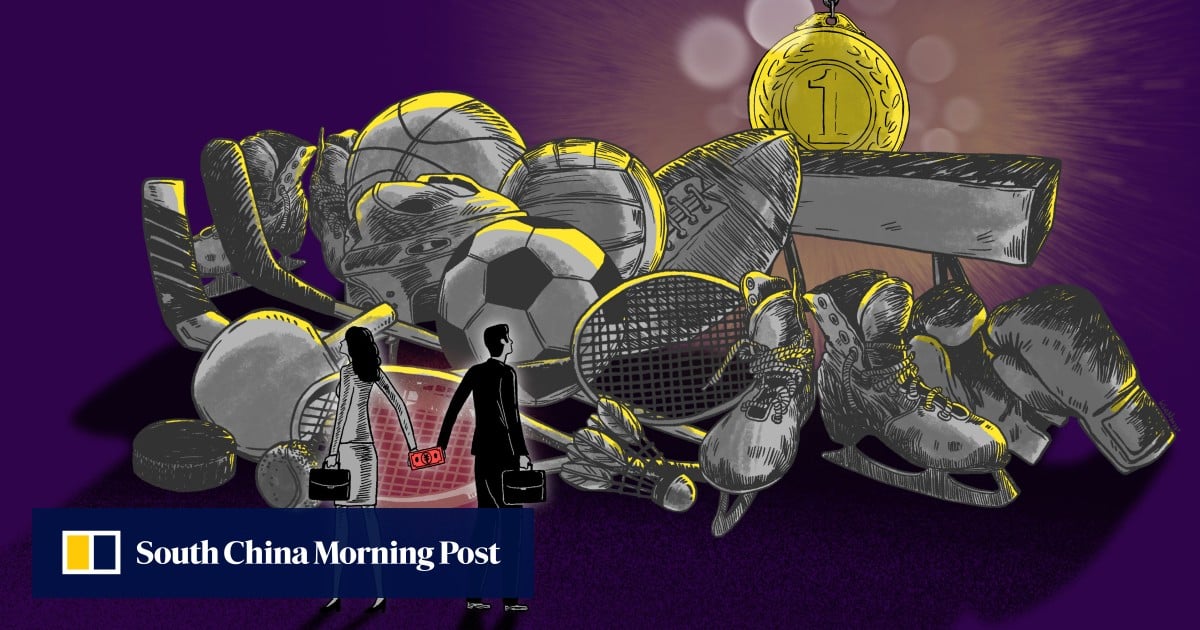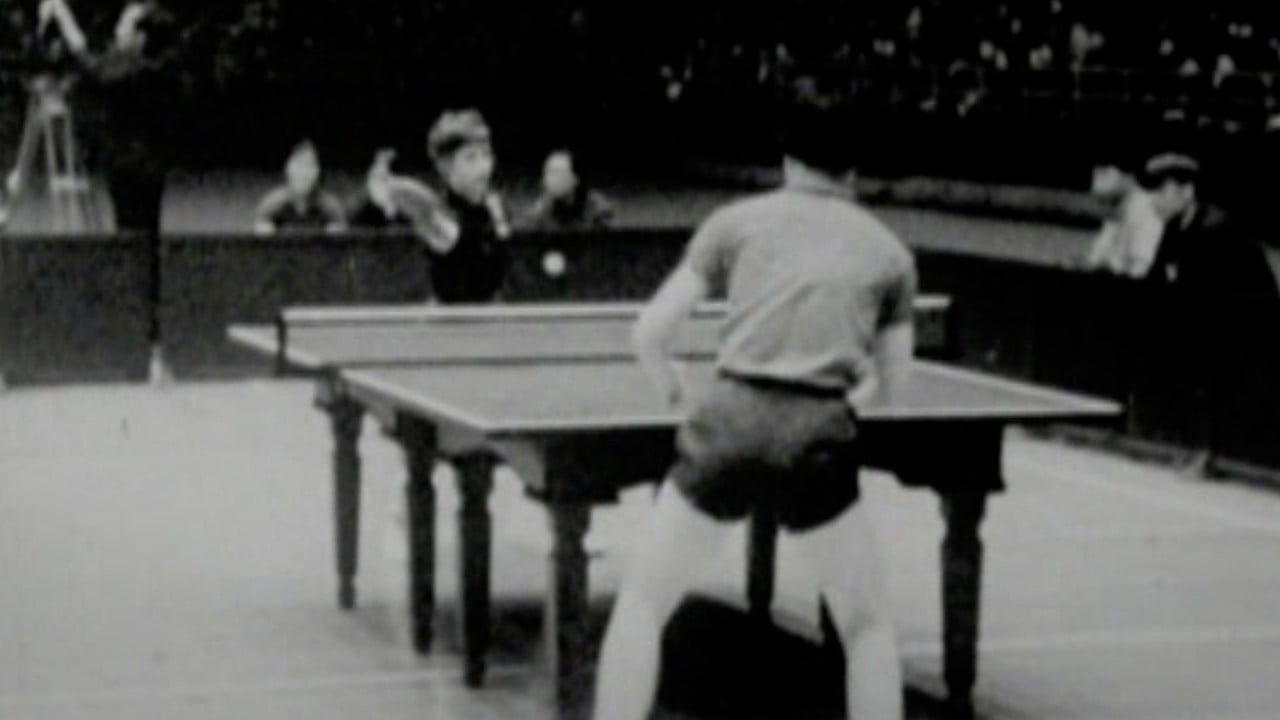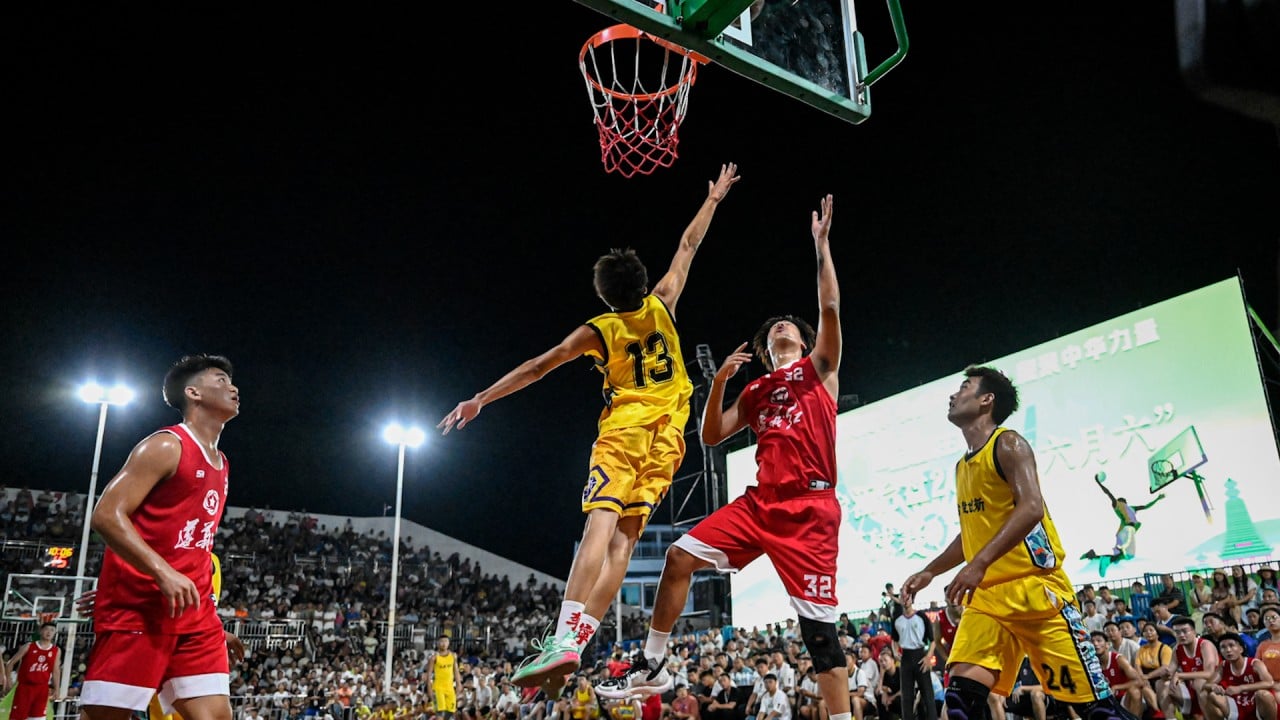Why so many sport chiefs in China have come under corruption clouds
And Li Tie, who previously played in the English Premier League and later became China’s national team manager, was in custody, accused of taking bribes.
The events of 2023 follow a familiar pattern eerily similar to a spate of arrests involving sports administrators in 2014.
This apparent repetition of the past reflects an obstinate power structure in the sports system, the absence of effective regulation and the failure of governance, according to Robert Han, who has written a number of books on sport in China.
“Corruption means there is a dysfunction in the checking and managing of power,” Han said. “Unless the power structure in sports is altered, what it produces would remain the same, again and again.”
China’s sports regulator says ‘political stance’ is top priority for cadres
China’s sports regulator says ‘political stance’ is top priority for cadres
China runs a highly centralised and government-controlled state system for sport, with the General Administration of Sport at the top and its subordinate individual sport administrations – which usually also serve as the respective national sports associations – overseeing funding, athlete development, national teams and competitions, as well as public engagement and commercial promotion.
They are supported by provincial and local sports bureaus and a network of sport schools and academies.
The system is centred on achieving international sporting success and has worked in some ways to make China a powerhouse in multiple Olympic disciplines. But it is widely criticised for being a medal-driven philosophy that neglects grass-roots participation in sport and fosters problems, such as resource allocation that lacks transparency and results in nepotism and corruption.
To address these problems, the General Administration of Sport has introduced “market-oriented systemic reform” in certain sports over the past decade.
Some of the biggest changes were in football, where operations were separated from administration.
To improve transparency in the sport’s management, the GAS football administration was abolished and the CFA set up as an “independent legal entity”. The CFA was divested of professional league companies and, in 2017, it began to publish annual financial reports audited by external accountants.
However, such reforms still failed to curb corruption, while the increased investment in to the sport in the meantime may have multiplied possible gains through graft, according to Han.
“Because the market economy and the wealth it generates are also under the same concentrated power, [people who have the power] can always pursue rent-seeking,” he said.
As revealed in many cases, a provincial sports official whose career success is mainly determined by how many athletes from his province take part in major international events and their performance, can easily be tempted to bribe the national team manager who wields the power in squad selection.
At the moment, there are two approaches to combating corruption in China’s sport system, according to Yven Cheng, a researcher at a sport research institute in Beijing: self-regulation within the industry, and external supervision, such as inspection by the CCDI or it government equivalent, the National Supervisory Commission (NSC).
“Self-regulation is relatively less effective because those who make the rules are also supposed to be the targets of the rules, which makes it difficult to work. In fact, it is a common problem in all sports organisations, including the infamously corrupt Fifa,” Cheng said, referring to football’s international governing body.
“External supervision by the Communist Party and the government is an extension of the country’s counter-corruption system into the sports sector.”
But he said keeping corruption in check was still “a postmortem ‘task-based’ or ‘project-based’ instrument” that relied on inspections every few years. It could only be a remedy after the damage had been caused by corruption.
Cheng said establishing permanent checks and balances for sport in China still had a long way to go.
“After all, it is better to have a preventive mechanism than to have the corrupt officials rise into power, fatten up with dirty money and taken into justice in recurring cycles,” he added.
According to Cheng, sport in China has gone through a boom cycle, beginning with winning the Summer Olympics bid in 2001 and ending with the closing ceremony of the Winter Olympics in 2022, as the country invested enormously in both games for political, economic and strategic objectives.
Just as farmers wait until harvest to settle their account, the end of an economic cycle is also the time to review the bills.
“Now that the political tasks are done. It’s time to check who has taken what they shouldn’t have and clean it up through this round of anti-corruption,” he said.
China says Asian Games in Hangzhou will be ‘frugal’
China says Asian Games in Hangzhou will be ‘frugal’
In China, 2010-19 was often called the “golden age” of football development, with billions of dollars in investment. Despite being a false prosperity – the bubble eventually burst in 2020-21 – it did make the cake much bigger in a relatively short period of time.
“I believe corruption requires both relatively concentrated power and sufficient interests. In this sense, that wave of expansion had also given birth to [widespread] corruption,” Cheng said.
“Essentially, this anti-corruption campaign is to cut open some individuals’ pockets with the sharp blades of Communist Party disciplinary police and state anti-graft investigators and confiscate some of the profits they had embezzled during the boom.”
He predicted China was not likely to see a new boom in sports in the short term, as the country’s broader economy was now struggling in its own boom-and-bust cycle.
“The bubble era in … Chinese football was in fact riding on the wave of the real estate-driven boom in the economic cycle,” he said.
Cheng said football investment by real estate companies was often used as a bargaining chip – developers had tended to invest in local football clubs to build relationships with local governments on whom they relied for approval – but the potential for economic growth from real estate had essentially fizzled out.
Since few other industries outside real estate had such a strong need for this manner of “government relations”, and competition in a sluggish global market had become tougher, the likelihood of any industry suddenly getting rich and investing in football had greatly diminished.
“If there is no more ‘golden bubble era’ in the near future, corruption will be less rampant and hopefully this will give us sufficient time to build and improve our internal anti-corruption governance mechanisms and regulations,” Cheng said.
The economic slowdown may offer football time to fight corruption, but the sport with the most advanced reform from the state system and one of the worst performing Chinese national teams is an outlier in the entire sports community.
“As for other sports, it is still the Olympic medals being valued the most,” Han said.
The tug of war between China and the United States has reminded many people of the Cold War in which Olympic medals were used as a measure of national strength in a great power competition.
Here are 3 anti-corruption tools in China’s arsenal that may be underutilised
Here are 3 anti-corruption tools in China’s arsenal that may be underutilised
“It is very possible if the situation continues that resources will continue to be pumped into the state system for winning gold medals because outranking your rival on the Olympic medal chart really matters,” Han said.
Cheng said that while the Chinese public had become less obsessive about winning medals, reform of the state system outside the football sector remained an uphill battle. Transparency steps such as financial disclosure remained unlikely for most sports bodies in China, he added.
“Disciplines that are less professionally-run, less commercialised and rarely subject to public scrutiny but at the same time being the country’s strength and enjoying resource preference are the ones worthy of more attention in future [anti-corruption] inspections,” Cheng said.
For all the latest Sports News Click Here
For the latest news and updates, follow us on Google News.




